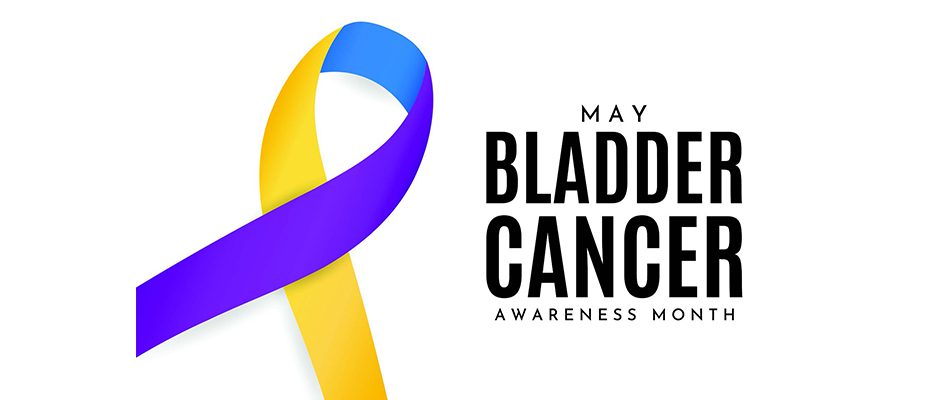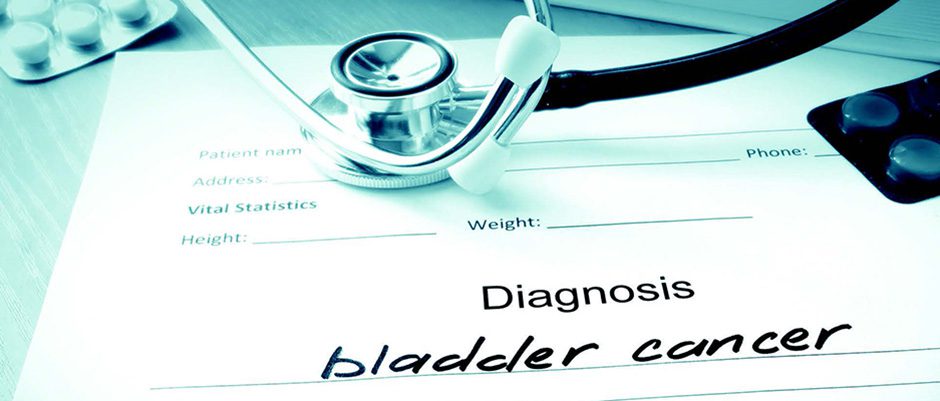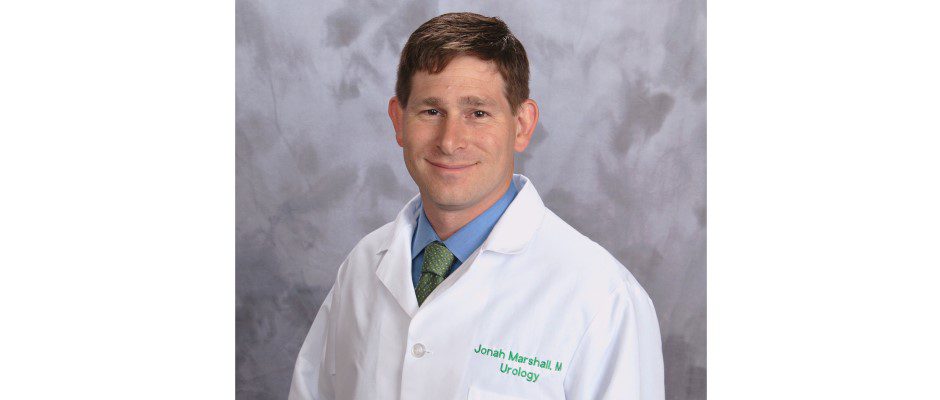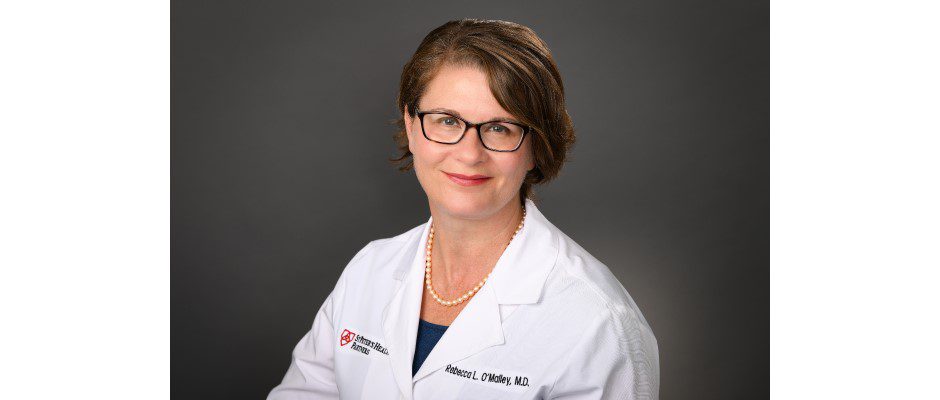
[Written by David Lazzaro, NP, with Ellis Medicine Urology, a member of St. Peter’s Health Partners Medical Associates.]
As May winds to a close, it is a good time to remind everyone that it is Bladder Cancer Awareness Month.
Bladder cancer is a cancer very few people talk about. If diagnosed early, the survival rate can be high. Knowing the risk factors and symptoms is key to understanding how bladder cancer is detected and treated at an early stage.
Bladder cancer occurs when cells grow out of control in the lining of the bladder. The most common symptom is blood in the urine, also known as hematuria. If you notice hematuria, you need to follow up with your primary care provider or urologist for further evaluation.
Additional symptoms could include low back pain, irritation when urinating, feeling a constant need to urinate, and an increased frequency of urination. These symptoms can be found in other medical conditions, so it is very important to get a medical evaluation.
Older, Caucasian men have a higher rate of bladder cancer than other ethnic races and women. Risk factors for bladder cancer include tobacco use; chronic bladder inflammation; and exposure to pollutants in drinking water, such as arsenic. Arsenic in drinking water is a known risk factor, especially for those living in rural communities who heavily depend upon well water, where arsenic is more commonly found.
The biggest risk factor by far, however, is tobacco use. The National Institutes of Health reports current cigarette smokers have a higher risk of bladder cancer and the proportion of bladder cancer cases due to smoking is about 50 percent.
Once diagnosed, your cancer may be treated by a urologist, or both a urologist and oncologist. There are multiple modalities available to discuss with your doctor and consider for treatment.
It is important to understand the earlier bladder cancer is detected, the higher the survival rate. If you smoke, it is important to stop and there are resources and medications available for tobacco addiction. It is never too late to quit.
A cancer diagnosis is alarming, and patients can feel overwhelmed and alone. Our multidisciplinary cancer care team can help develop a personalized treatment plan based on the type, location, and extent of your cancer.
For more information on our services or to make an appointment, call Ellis Medicine Urology at 518-243-3311 or visit https://www.sphp.com/location/ellis-medicine-urology.





